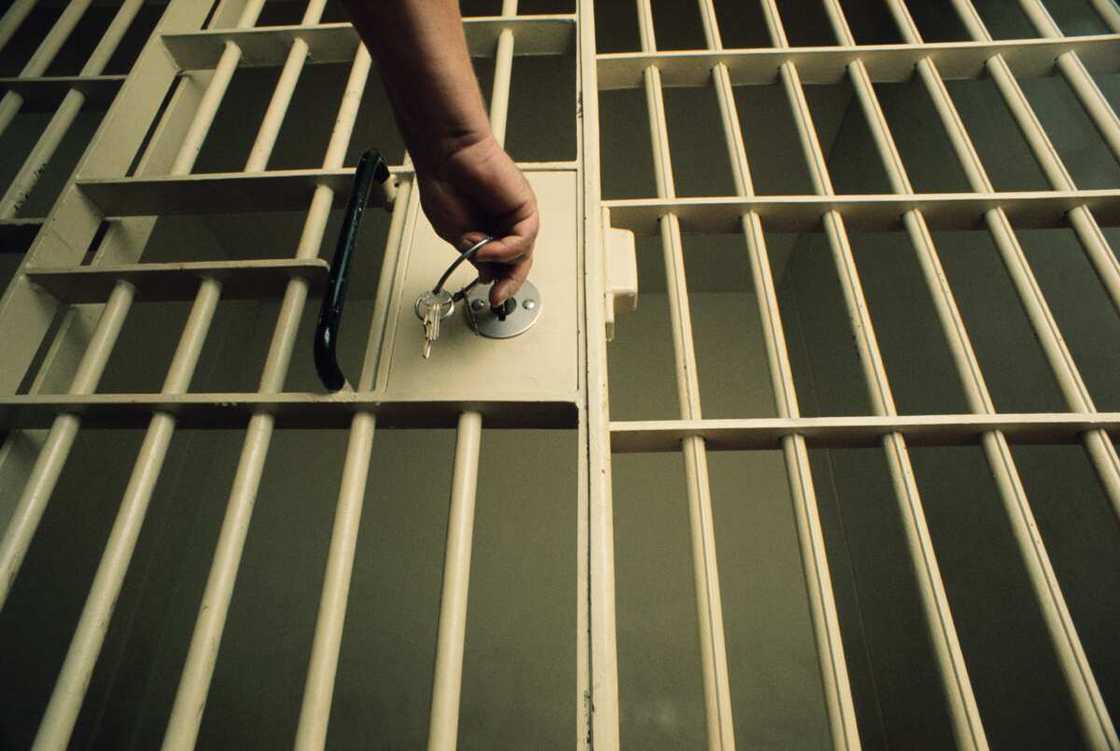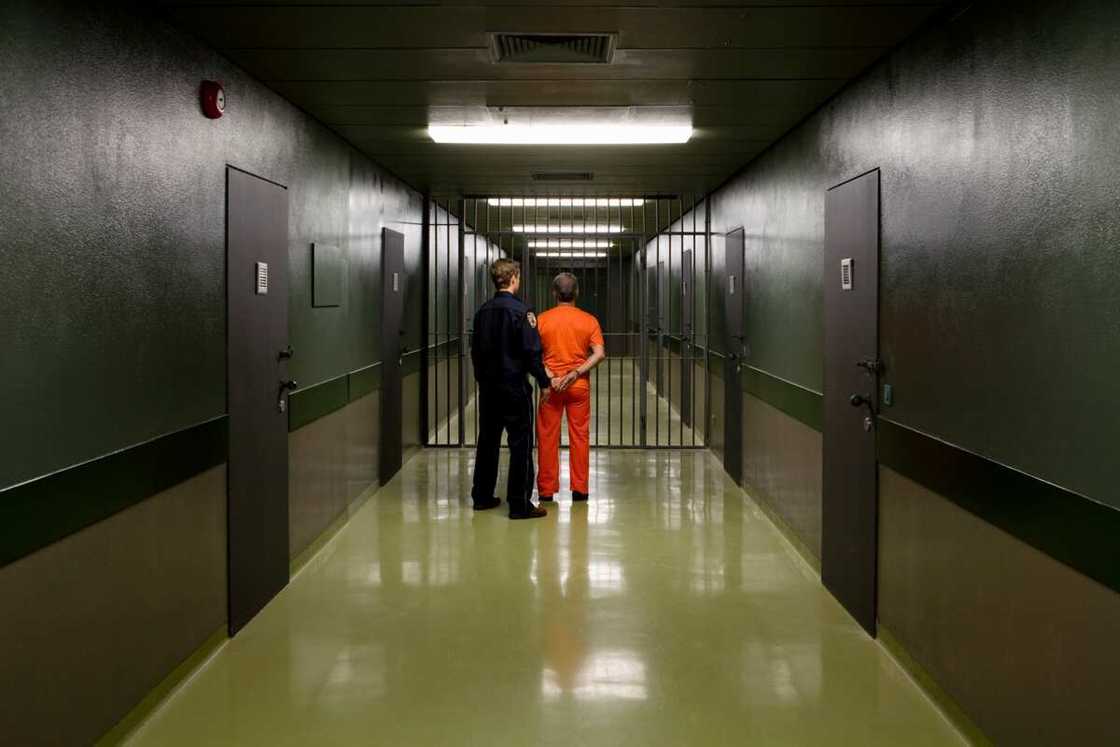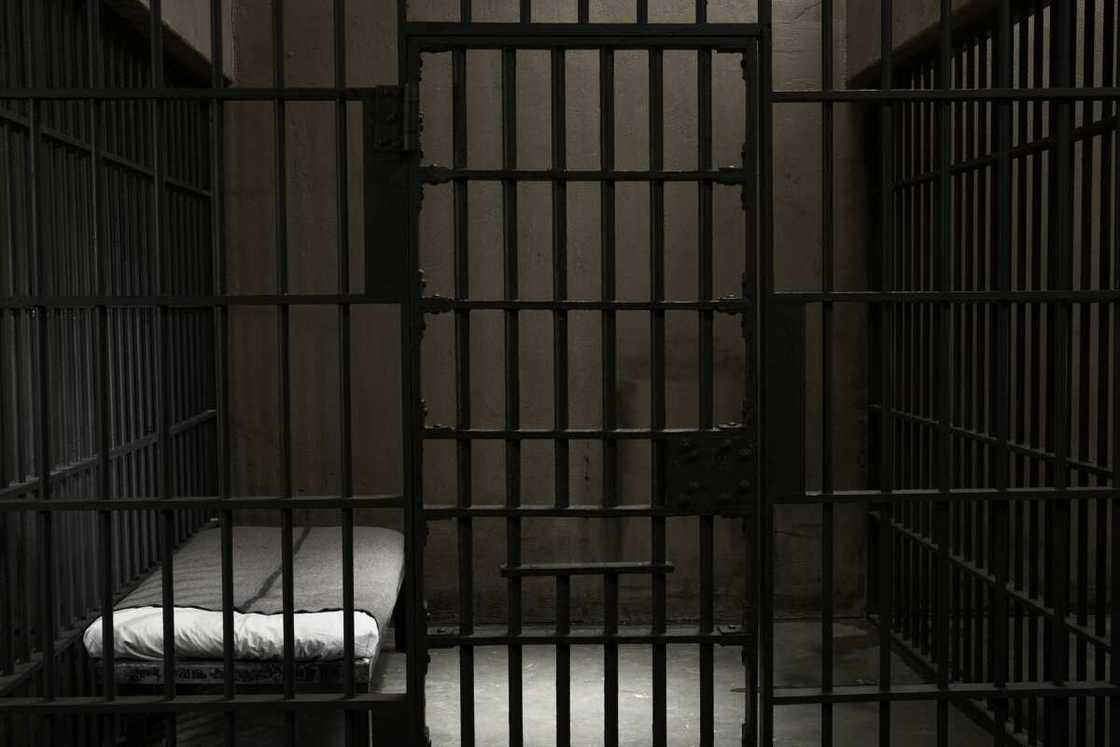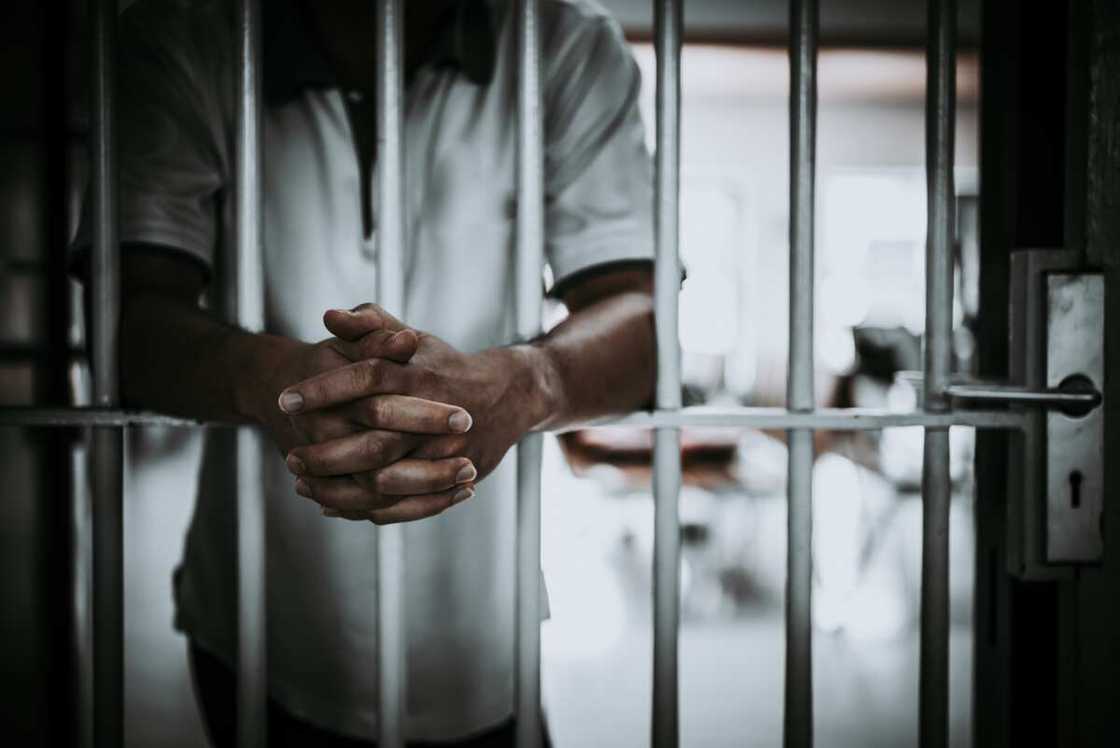How long is a life sentence in different countries and is it for life?
When we hear the words life imprisonment, what most probably comes to mind is the said person spending the rest of their lives behind bars. While this holds at times, it is not always the case. Different countries have varying laws that govern how long a person serving a life sentence stays before becoming eligible for parole. So, how long is a life sentence in different countries and what factors determine the duration?

Source: Getty Images
Here is a look at the minimum non-parole durations for inmates serving sentences in different countries.
How long is a life sentence in different countries?
These sentences vary significantly from one country to another. To start with, most of these sentences are primarily dependent on the underlying crimes. For example, in some jurisdictions, a person serving a life sentence for first-degree murder might spend longer before parole eligibility than a r*pe convict.
Here is a look at the dynamics surrounding this sentence in different countries.
What is a life sentence in the UK?
How long is a life sentence in the UK? When a prisoner is sentenced to life in prison in the UK, it does not necessarily mean they will spend the rest of their lives behind bars. In the country, life imprisonment is handed to criminals convicted of crimes such as armed robbery, r*pe, and murder.
During conviction, the judge decides the minimum number of years the prisoner must serve on a case-by-case basis. So, how long is a life sentence in the United Kingdom? In most instances, the duration is usually 15 years without parole. An inmate can also have their case reviewed, but only if their imprisonment was not a whole life order.
With a whole life order, the UK laws allow for a prisoner to serve the rest of their days behind bars without the chance of parole. This provision, however, only applies to those who committed crimes past the age of 21.

Read also
Coronavirus: Engaging activities you can do to avoid boredom following the stay at home order
Still, a person incarcerated under the whole life order can still be pardoned by the Home Secretary but only under some particular circumstances such as advanced age or illness. In addition, the country's court of appeal also has the power to overturn a whole life imprisonment order.
How long is a life sentence in the USA?

Source: Getty Images
In most US states, a life sentence means 15 years before the prisoner is eligible for parole. If a person is released temporarily or permanently on parole, it means they have left prison but have to adhere to some laid down behavioural structures.
The country also allows imprisonment without the chance of parole for serious criminal offenders. America's penal system is also renowned for multiple sentences. How long is a life sentence when there are multiple terms involved?
Typically, when imprisoned for life in the US, one can be eligible for parole after 15 years. However, when handed multiple sentences, they have to live out all of them before becoming parole-eligible. This means that an inmate serving five life sentences in the country has to remain behind bars for 75 years before they are eligible for parole.
How long is a life sentence in Canada?
What is a life sentence in Canada? Most inmates serving life sentences in Canada were convicted of either first or second-degree murder. Anyone convicted of first-degree murder has to serve at least 25 years in prison before they are eligible for parole.
What does life in prison mean for a person convicted of second-degree murder? A person convicted of this crime has to serve anywhere between 10 and 25 years of their sentence before they can be considered for parole. It is worth noting that the country has slightly different laws for people who committed crimes before the age of 18.
How long is a life sentence in Australia?

Source: Getty Images
In Australia, the minimum time before parole eligibility is determined by existing legislation. This duration is known as the mandatory minimum non-parole period and cannot be reduced by a judge. So how many years is a life sentence then?
Here is a look at the crimes that warrant life imprisonment in Australia and the non-parole period associated with each offence.
- Murdering more than one person: 30 years before parole eligibility.
- Murder carried out by a person with a previous murder conviction: 30 years before parole eligibility.
- Murder of a police officer: 25 years before parole eligibility.
- Any other murder besides those listed above: 20 years before parole eligibility.
- A repeat serious child sex offender: 20 years before parole eligibility.
- A sentence imposed for any other crime: 15 years before parole eligibility.
While a judge cannot reduce the non-parole period, they can increase it as they deem necessary. In Australia, being eligible for parole does not mean that the same is guaranteed. The Parole Board Queensland grants parole.
When a convict is released on parole, they must adhere to the conditions stipulated on their release or risk their parole getting cancelled or suspended by the board.
Which countries abolished life imprisonment?
While life imprisonment is still part of many countries' penal codes, some did away with the incarcerations entirely. Portugal became the first nation to abolish life imprisonment back in 1884. Other countries include Congo, Mozambique, Serbia, Norway, Vatican City, and Spain.
Still, it is worth noting that even countries that have abolished this imprisonment can still keep prisoners locked up indefinitely if they pose threats to the general public safety. Norway, for example, abolished life imprisonment but sentenced Anders Breivik for 21 years (the maximum allowable under the country's law) back in 2011.
In such countries, an inmate might get his prison term extended multiple times and end up spending their entire lives behind bars.
Is a life sentence until you die?
Well, not really. In some jurisdictions, a life sentence means one stays behind bars till death. However, in most jurisdictions, the sentence stipulates the minimum number of years one is imprisoned before becoming eligible for parole.
Other countries' minimum non-parole years

Source: Getty Images
Here is a look at how some other countries handle life imprisonment.
- Russia: 25 years
- Portugal: Case-by-case
- Nigeria: No minimum
- Japan: 10 years or no minimum
- Italy: 21 years, 26 years, or no minimum
- Israel: 30 years or no minimum
- India: 14 years, or no minimum (determined by a judge)
- Greece: 20 years for multiple sentences and 16 years for single sentences.
- Germany: 15 years
- France: 30 years or no minimum (very are).
- Finland: Any time for a presidential pardon and 12 years for a court release.
- Estonia: No minimum
- Egypt: No minimum
- Denmark: 12 years, or no minimum
- Czech Republic: 20 years
- Cyprus: 20 years
- China: 10 years for crimes excluding arson, murder, r*pe, kidnapping, explosives offences, and other violent crimes
- Brazil: Case-by-case
- Belgium: 15 years for non-repeat offenders, 19-23 years for repeat offenders.
- Austria: 15 years or no minimum (when the president rejects clemency).
- Armenia: 20 years or no minimum
- Argentina: 20 years or no minimum
- Albania: 25 years
- Afghanistan: No minimum
The answer to 'How long is a life sentence?' might seem quite straightforward, except it is really not. From the above excerpt, it is clear that depending on the country, a sentence might mean anything between 10 years and spending life in prison. Provisions such as parole and presidential clemency play significant roles in sentence durations.
READ ALSO: How do I get my state of origin certificate in Nigeria without stress
Legit.ng recently outlined the necessary steps for getting a state of origin certificate. Typically, one gets the certificate from their parent's state (mostly the father's state).
In Nigeria, a state of origin certificate is inarguably one of a job seeker's essential documents. Additionally, the certificate also comes in handy when one is joining an institution of higher education.
Source: Legit.ng






